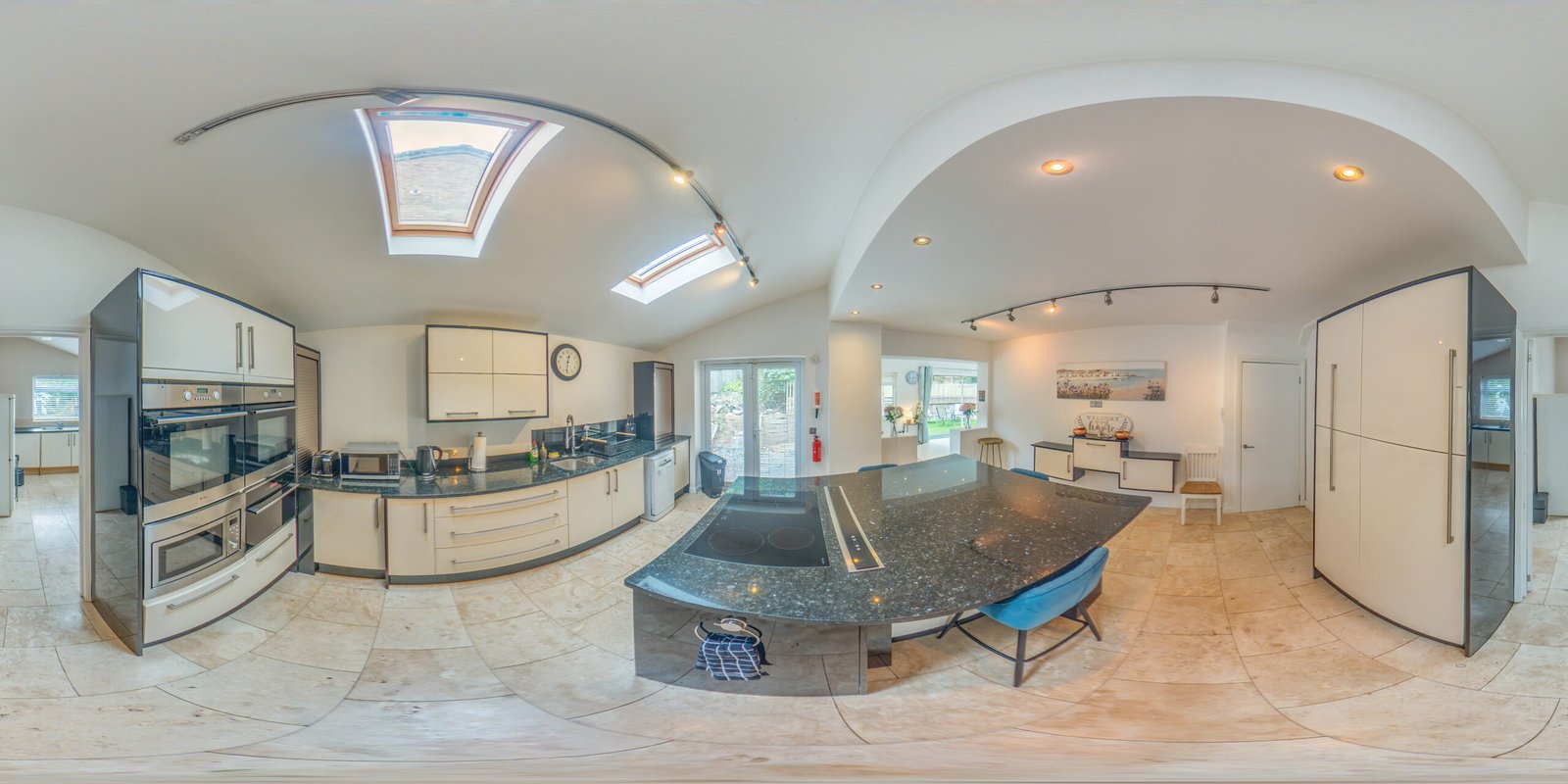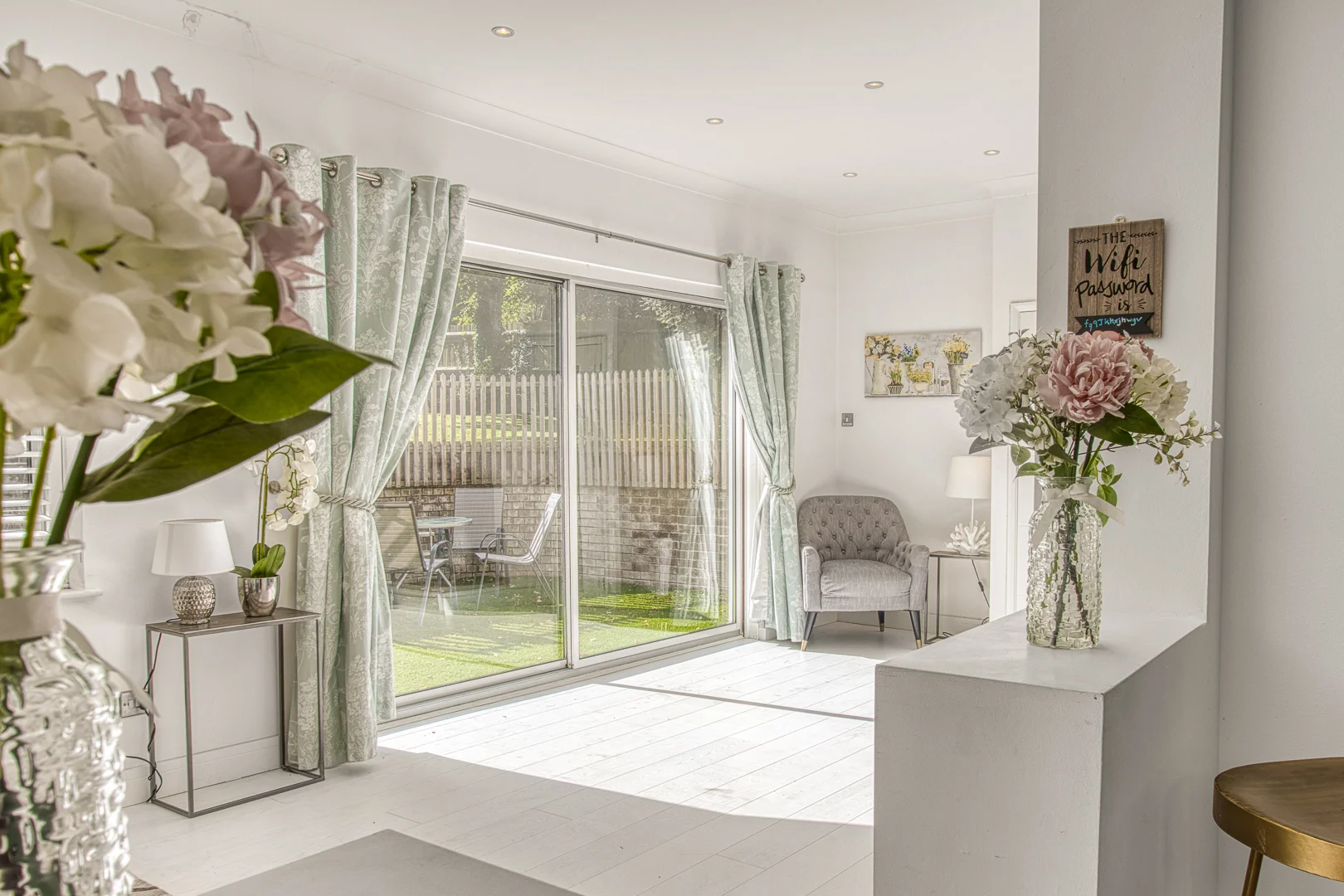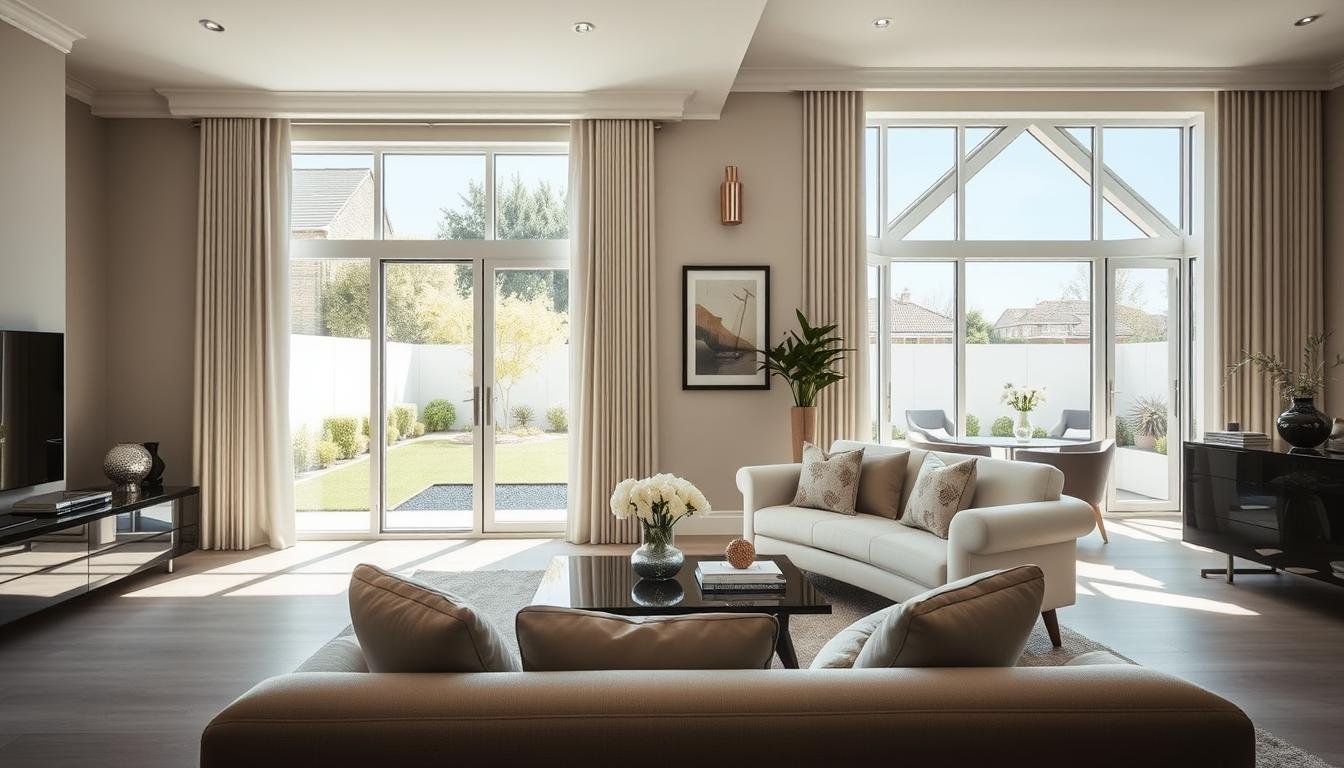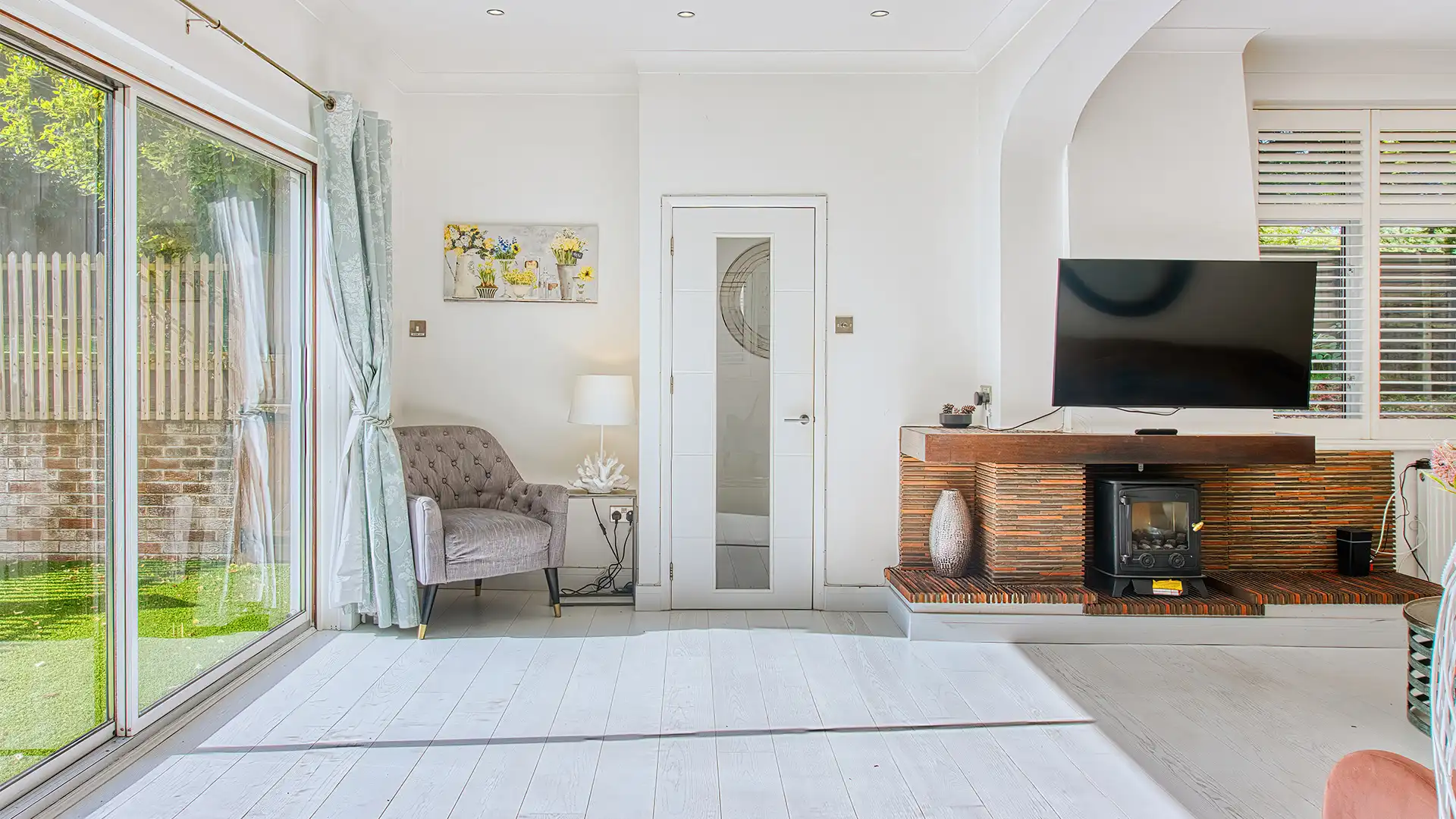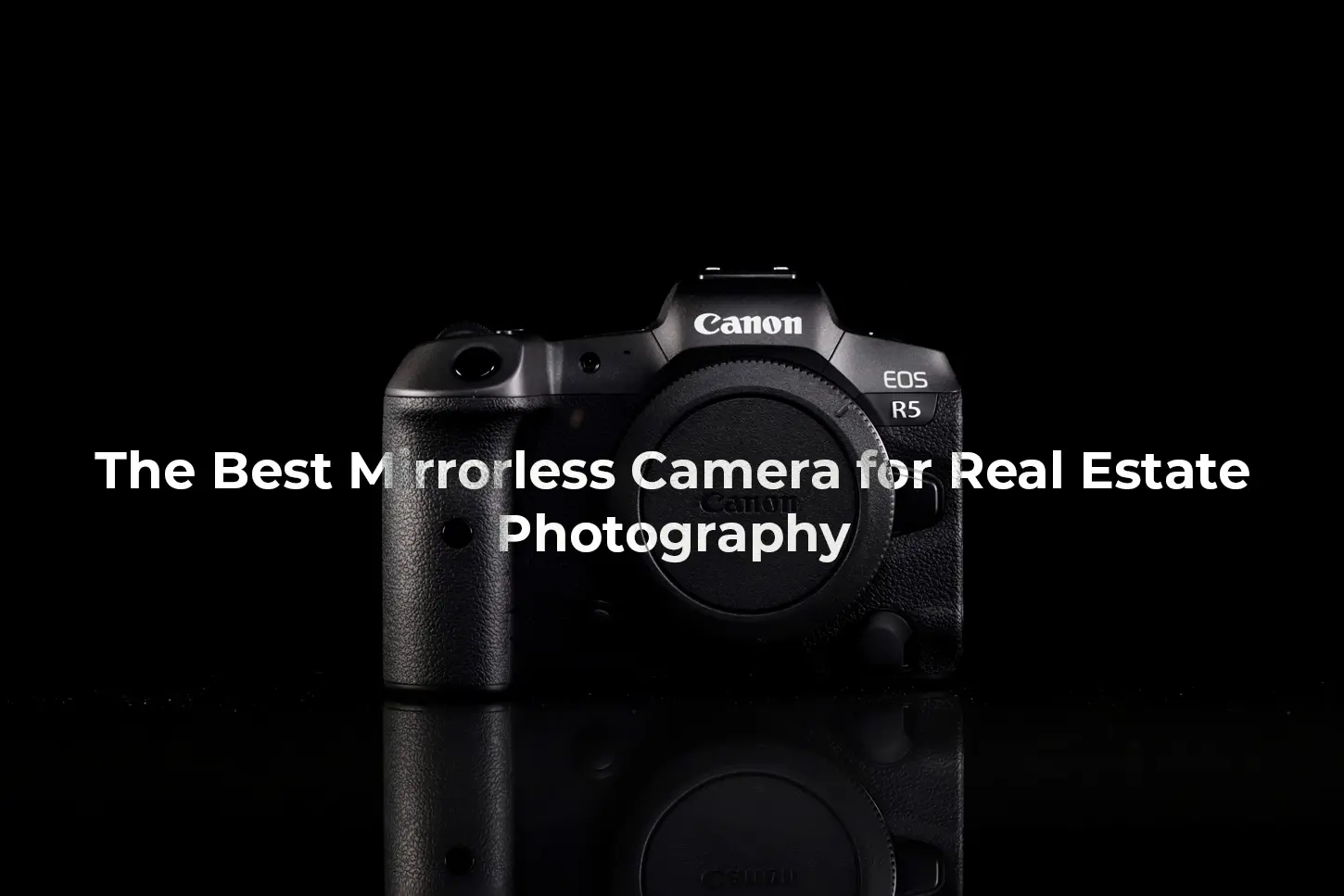Introduction
In recent years, the real estate industry has undergone a transformative shift with the advent of 360 virtual tours. These cutting-edge tours offer prospective buyers an immersive and interactive experience of properties, allowing them to explore homes from the comfort of their own devices.
This article aims to provide a comprehensive analysis of the key factors that impact 360 virtual tours for real estate and the associated benefits they offer.
We will delve into the role of 360 cameras, the expertise of virtual tour photographers, the popularity of virtual tours in London, and the significance of property photography in driving sales.
Additionally, we will discuss the tradeoffs involved in implementing 360 virtual tours, the challenges that may arise, and the importance of making informed decisions in the context of real estate marketing.
1
The Power of 360 Virtual Tours
360 Cameras: A Glimpse into the Future of Property Visualization
The foundation of any successful 360 virtual tour lies in the technology used to capture the immersive imagery. 360 cameras play a pivotal role in this process, enabling real estate professionals to create captivating visual content.
These specialized cameras capture a 360-degree view of a property in a single shot, eliminating the need for multiple photographs.
By incorporating cutting-edge features such as high-resolution sensors, auto-stitching capabilities, and compatibility with virtual reality (VR) devices, 360 cameras offer an unparalleled experience to potential buyers.
According to recent statistics, properties listed with 360 virtual tours receive a 95% increase in online engagement compared to traditional static images.
Additionally, studies indicate that 73% of homebuyers find virtual tours to be an essential feature when searching for properties online.
This increased engagement not only attracts more potential buyers but also streamlines the decision-making process, as buyers can virtually walk through properties at their convenience, narrowing down their choices before scheduling physical visits.
2
The Art of Crafting Immersive Experiences
Virtual Tour Photographers: Mastering the Art of Visual Storytelling
While 360 cameras provide the canvas, it is the expertise of virtual tour photographers that breathes life into the virtual tour experience.
These skilled professionals possess an artistic eye and an acute understanding of real estate marketing, enabling them to capture the essence of a property and showcase its best features.
Utilizing a combination of ambient and artificial lighting, composition techniques, and post-processing, virtual tour photographers create visually stunning representations of properties.
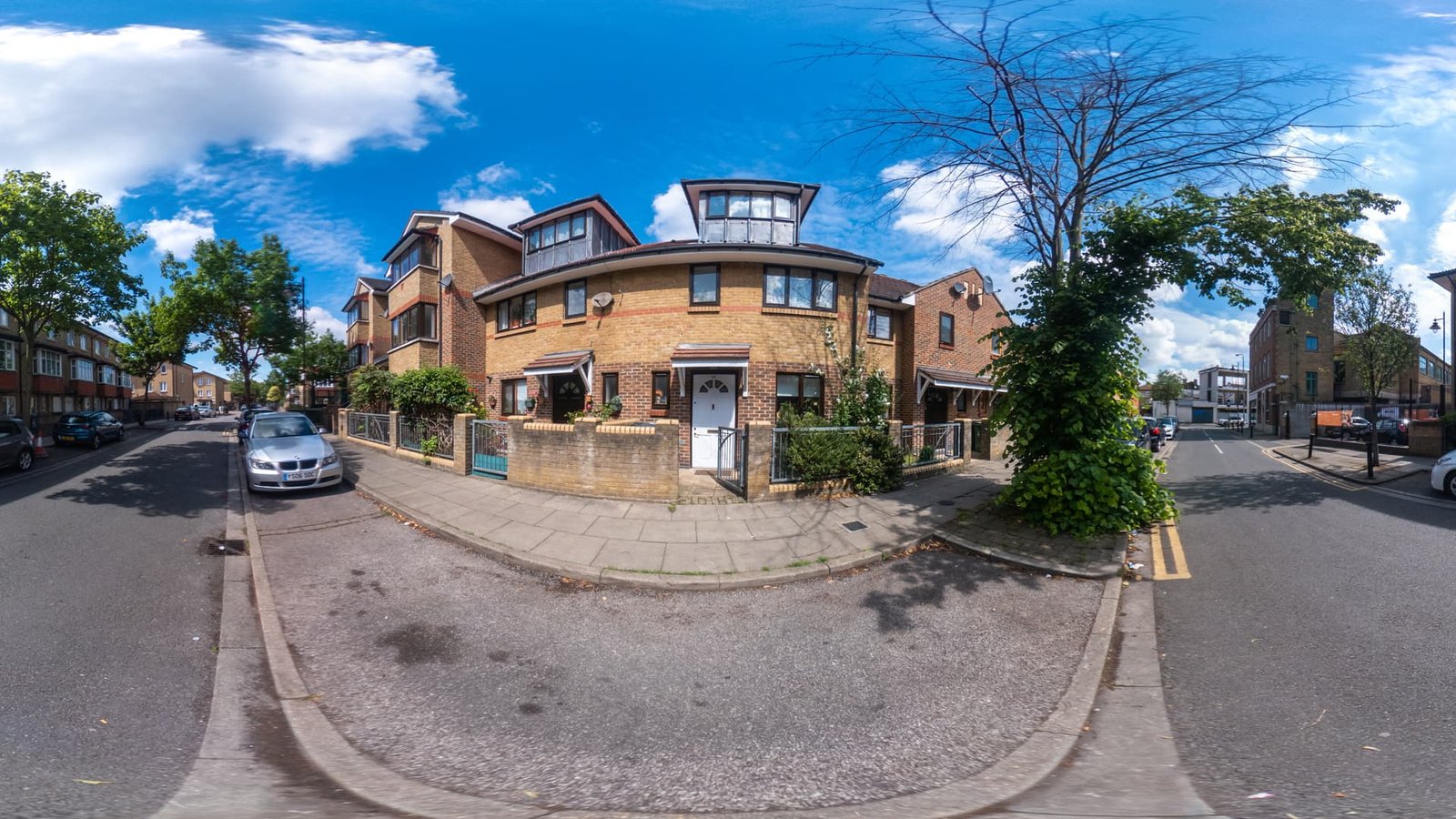
Investing in skilled virtual tour photographers can be a game-changer for real estate agents and sellers. Studies reveal that listings with high-quality photography receive 118% more online views than those with subpar images.
Furthermore, 360 virtual tours enhance the credibility of listings, with 67% of buyers believing that properties featuring virtual tours are more reputable.
Thus, engaging the services of professional virtual tour photographers not only boosts property visibility but also elevates the overall perception of the property’s value.
3
The Virtual Tour Trend in London
Virtual Tours in London: Exploring Properties Remotely
The real estate market in London has embraced the virtual tour trend wholeheartedly. With its bustling urban landscape and diverse property offerings, the demand for 360 virtual tours has surged in the city.
Both buyers and sellers are reaping the benefits of this technology, as it streamlines the property viewing process and caters to a global audience.
According to recent market analysis, the number of properties in London with virtual tours has grown by 82% in the last two years.
This surge in adoption is attributed to the increased comfort and convenience offered by virtual tours, especially during times when physical property visits may be challenging.
London’s fast-paced lifestyle and international appeal have also made virtual tours a preferred method for international buyers and investors who wish to explore properties remotely.
4
Striking the Perfect Balance
Property Photography: Finding the Sweet Spot in Virtual Tours
Despite the undeniable advantages of 360 virtual tours, there are some tradeoffs and challenges to consider.
One notable aspect is finding the balance between showcasing the property’s highlights and presenting an authentic representation.
Virtual tours can be enhanced with staging and editing, but there is a risk of misleading potential buyers if the property differs significantly from the tour’s portrayal.
To mitigate this issue, it is crucial to pair virtual tours with comprehensive property descriptions and floor plans.
This combination provides buyers with a holistic understanding of the property and sets accurate expectations.
Additionally, leveraging virtual tours for properties that genuinely stand out in their unique features can be more effective, as buyers are more likely to appreciate the immersive experience.
Conclusion
In conclusion, 360 virtual tours have become a game-changing tool for the real estate industry, revolutionizing the way properties are marketed and viewed.
By leveraging the power of 360 cameras, engaging virtual tour photographers, and catering to the demands of modern buyers in cities like London, real estate professionals can unlock a plethora of benefits.
However, it is vital to strike the right balance between creating captivating visual experiences and providing accurate representations of properties.
As the virtual tour trend continues to shape the real estate landscape, it is essential to stay informed about the latest advancements in technology and marketing strategies.
By making informed decisions and considering the impact of these choices, real estate agents and sellers can harness the full potential of 360 virtual tours to attract a wider audience and drive property sales in the digital age.

